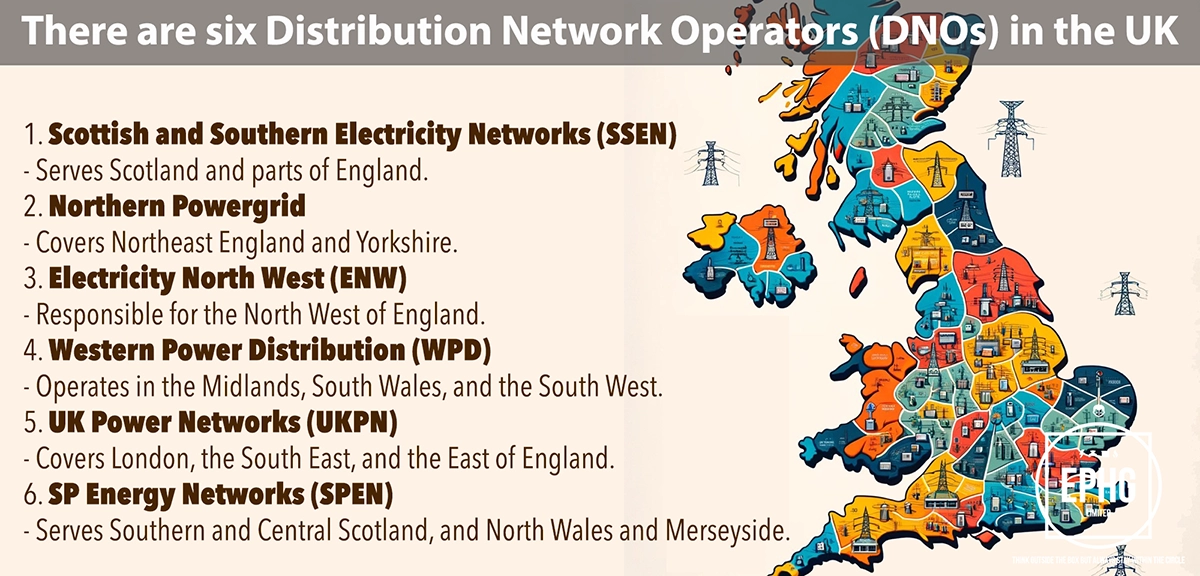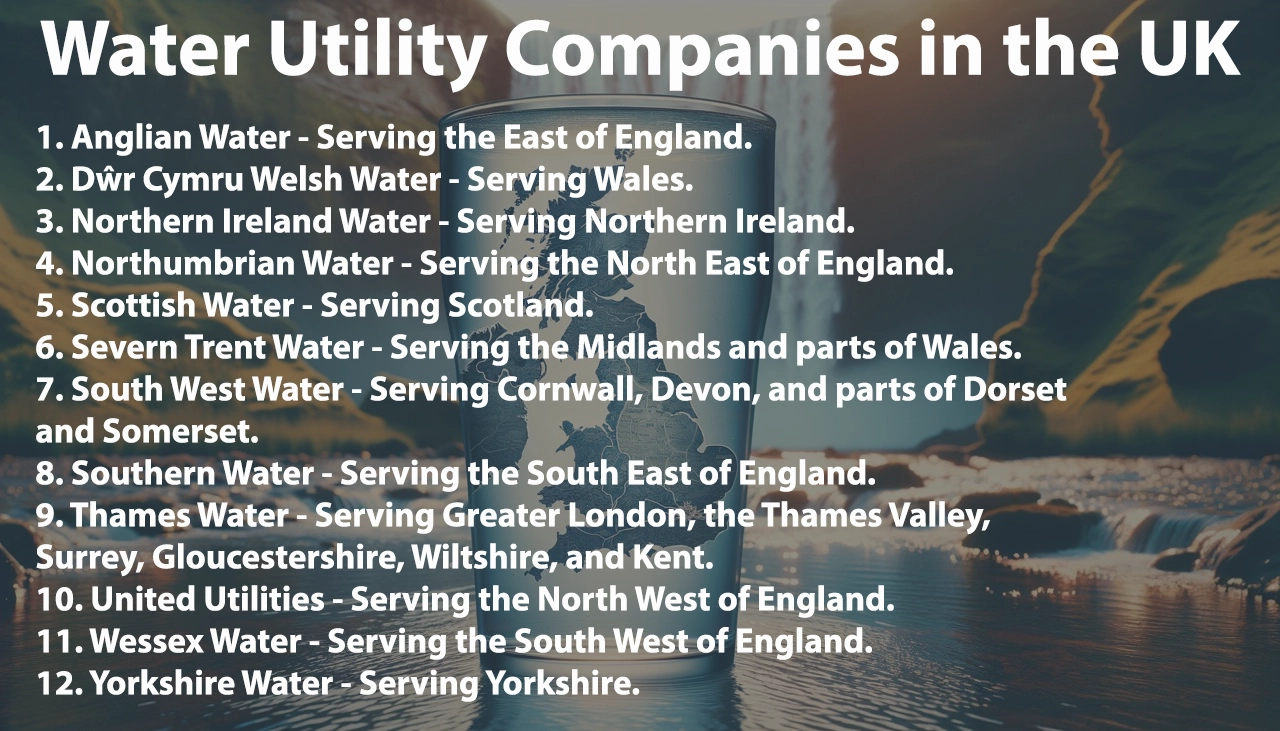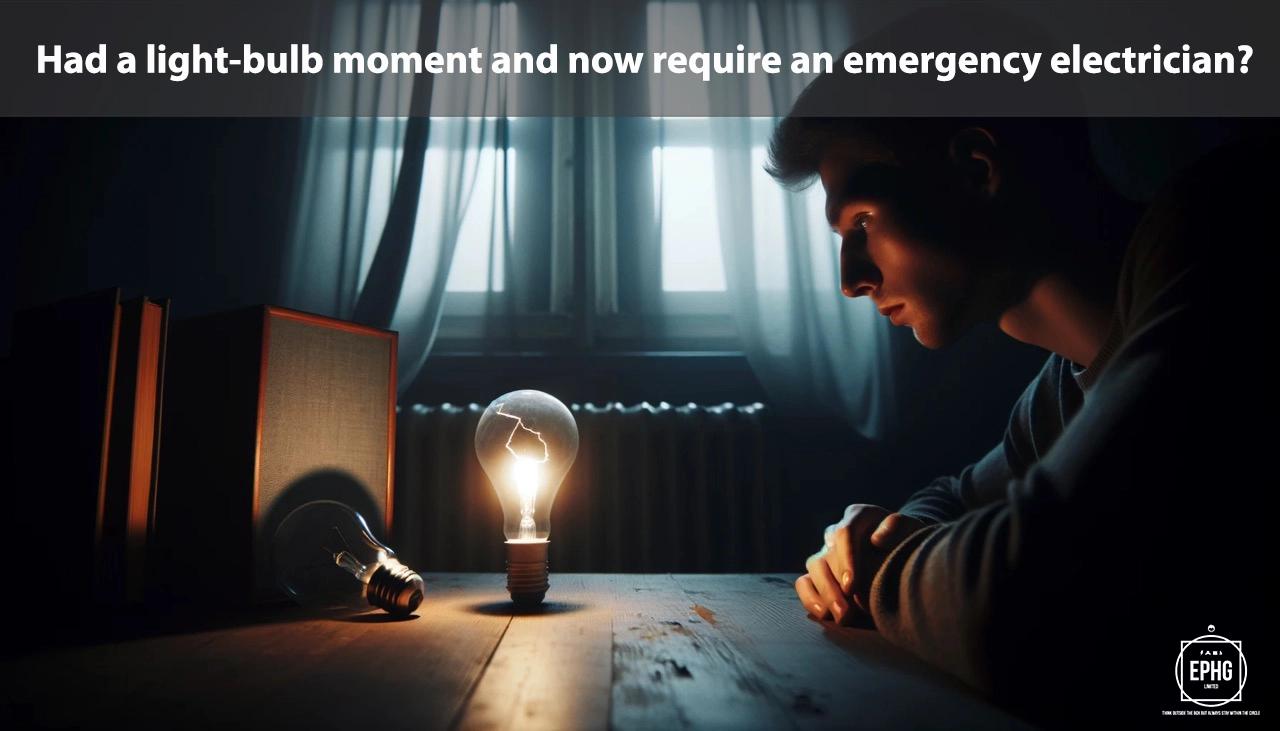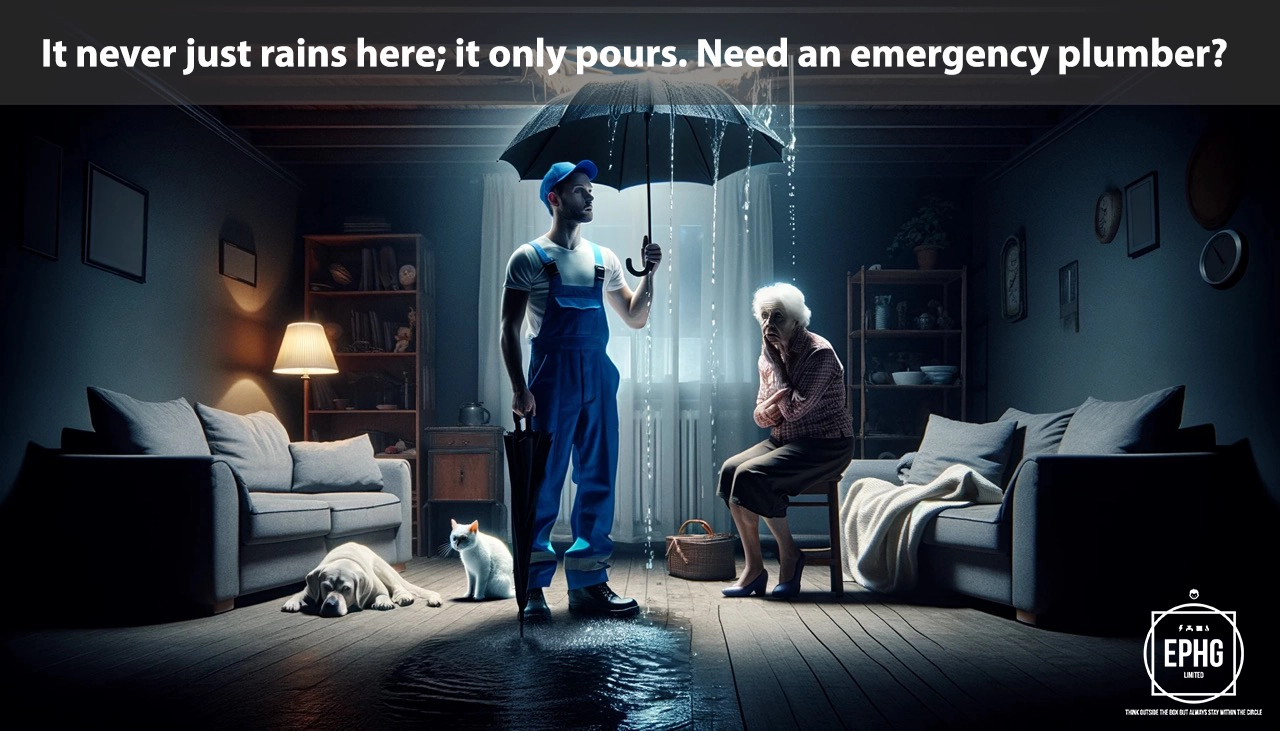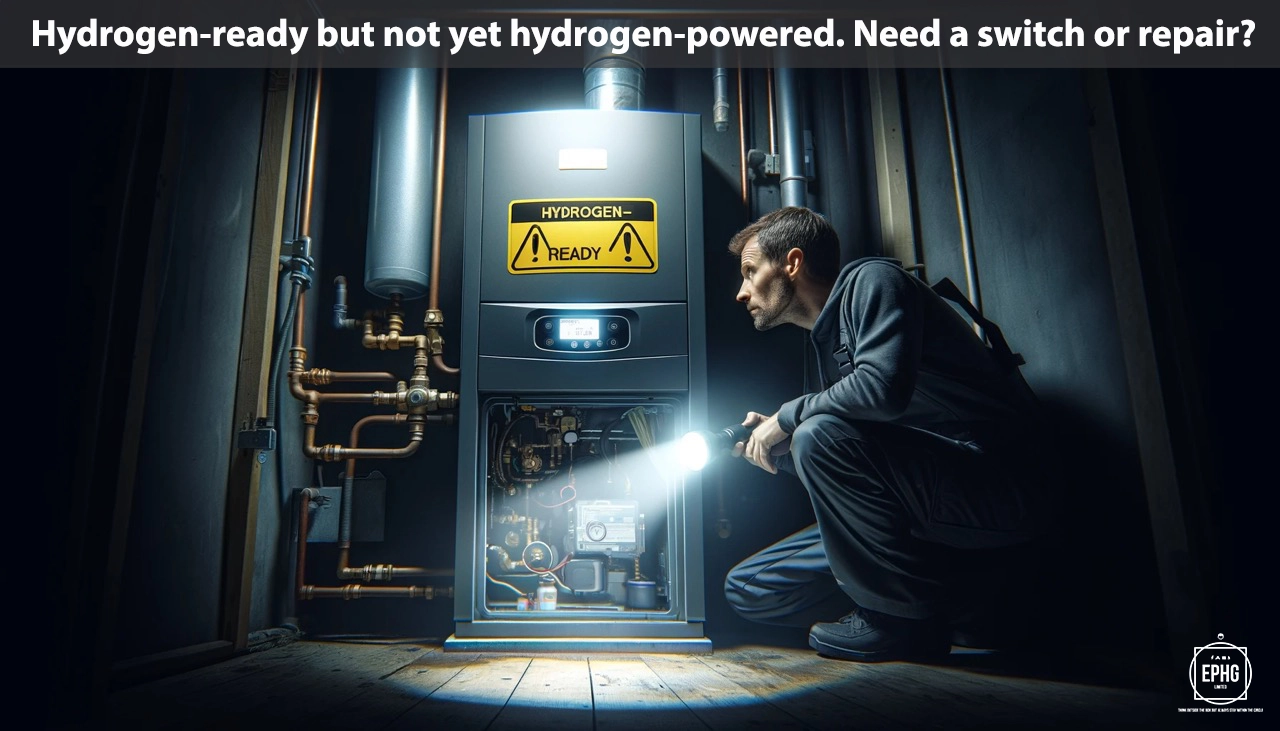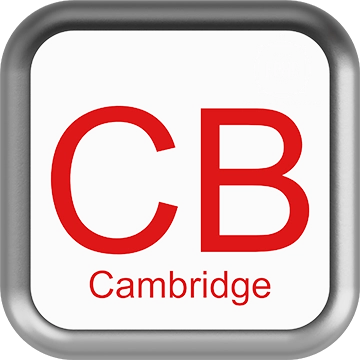
CB Postcodes for Utilities & Services in Cambridge
Introduction: The CB postcode area, covering Cambridge and its surrounding regions, offers a fascinating insight into local utilities such as water and electricity. In this guide, we delve into these essential services, providing valuable information for residents and visitors alike.
Water in Cambridge
Where does the water supply come from in Cambridge, and is there ever a shortage of water?
In Cambridge, the primary source of water supply is the River Cam, complemented by groundwater sources. The river, along with underground aquifers, plays a vital role in meeting the region's water needs, with state-of-the-art treatment facilities ensuring that the water adheres to the highest safety standards before it reaches taps. While Cambridge benefits from a generally reliable water supply, the area is not immune to the challenges posed by climate change, including the risk of drought during prolonged dry periods. The local water authorities are proactive in managing these risks, implementing water conservation measures when necessary and investing in infrastructure to support sustainable water use. Residents are also encouraged to adopt water-saving practices to help safeguard this precious resource.
What is the hardness & quality of the water in Cambridge, and can this affect your health?
The water in Cambridge is typically hard, resulting from its journey through chalk and limestone areas. Hard water contains higher levels of calcium and magnesium, leading to scale buildup in appliances and affecting the efficiency of soap and detergents. Despite these challenges, the water quality in Cambridge is closely monitored, ensuring it meets all regulatory health and safety standards. While hard water is not harmful to health and may even contribute beneficial minerals, it can pose nuisances such as limescale accumulation. To address these issues, many residents use water softeners, and local authorities continue to invest in water treatment solutions. The high standards of water treatment and regular monitoring ensure the water remains safe and clean for all users.
Electricity in Cambridge
Where does the electric supply come from in Cambridge, and what is the future of energy there?
The electricity supply in Cambridge primarily comes from national grid connections, with a growing contribution from renewable energy sources. The region is embracing sustainable energy, with solar farms and wind turbines becoming increasingly common in the surrounding countryside. Cambridge's commitment to sustainability is also reflected in its support for cutting-edge research into renewable energy technologies at local universities and research institutes. The future of energy in Cambridge is geared towards further reducing reliance on fossil fuels and increasing the use of renewable sources. Initiatives include expanding solar energy projects, exploring wind energy potential, and investing in new technologies such as battery storage and smart grids. The city aims to lead by example in the transition to a more sustainable and environmentally friendly energy system.
When is hydrogen coming to gas boilers in Cambridge?
Cambridge is closely following national trends and initiatives in the transition to low-carbon energy sources, including the potential shift from natural gas to hydrogen for heating. While there is no fixed timeline for the introduction of hydrogen to residential boilers in Cambridge, the city is part of broader regional and national discussions on reducing carbon emissions. Trials and pilot projects are expected as part of the UK's commitment to achieving net-zero carbon emissions. Residents are advised to stay updated with the latest developments and consider energy-efficient upgrades to their heating systems in preparation for future transitions. Local authorities and energy suppliers will provide information and guidance on when and how to make the switch to hydrogen or alternative heating solutions.
Where Does the Wastewater Go in Cambridge?
In Cambridge, wastewater management is a critical service, ensuring the health and well-being of residents and the protection of the environment. The city's wastewater is collected and treated at several modern facilities, including the Cambridge Wastewater Treatment Works. Here, advanced processes remove contaminants and purify the water to high standards before it is returned to the natural environment, such as the River Cam. The treatment plants operate with strict adherence to environmental regulations, helping to maintain the quality of local waterways and contributing to the overall sustainability of the city. Cambridge's approach to wastewater treatment reflects its commitment to environmental stewardship and public health, ensuring the city remains a clean and safe place to live and work.
Regions and Services:
The CB postcode covers a wide array of landscapes, from the historic city of Cambridge to the charming villages of Cambridgeshire. Key regions include:
- Cambridge City: The heart of technological and utilities advancement, showcasing state-of-the-art electrical and gas infrastructure alongside renowned educational institutions.
- St Neots, Ely, and Newmarket: Towns that offer a blend of heritage and modern amenities, mirroring their individual historical and contemporary significance.
- Haverhill, Saffron Walden, and Huntingdon: Market towns where initiatives for sustainable living and renewable energy are beginning to take root, enhancing the area's traditional energy solutions.
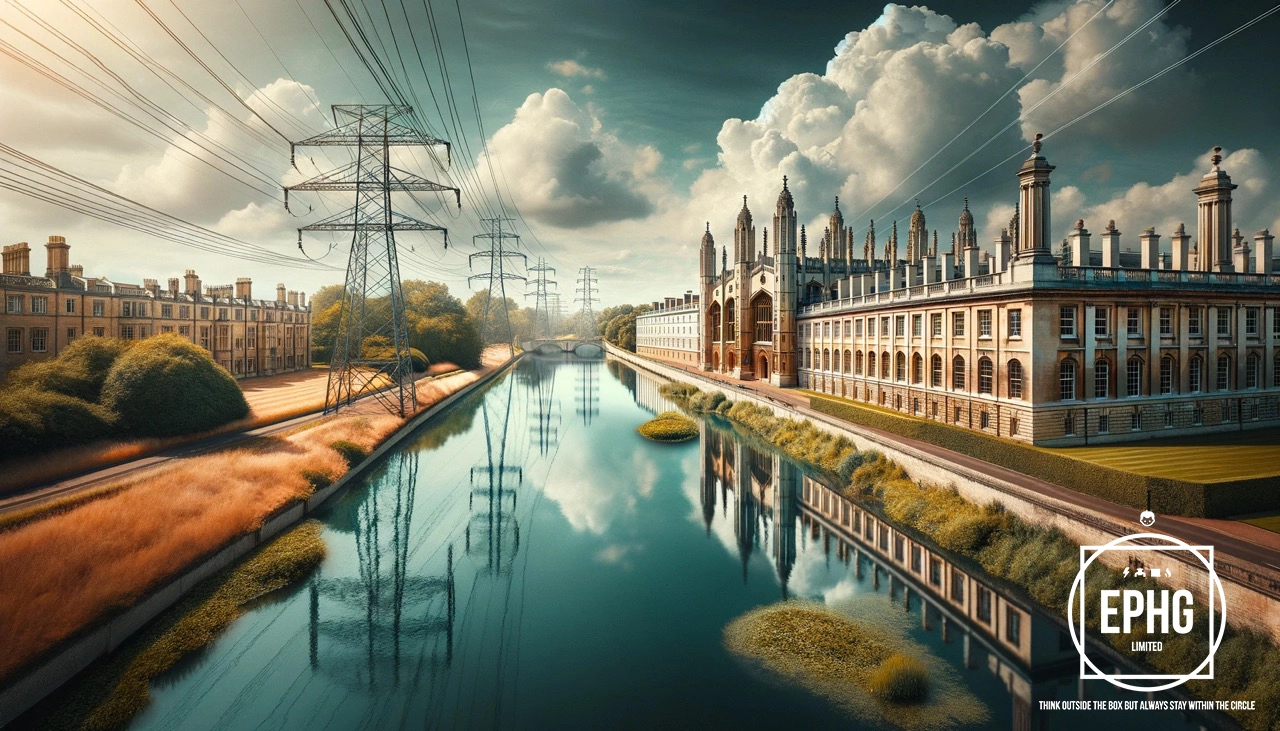
Regions within the CB Postcode
Cambridge City
- CB1: Central and South Cambridge, Teversham
- CB2: South and West Cambridge, Newnham
- CB3: Northwest Cambridge, Girton
- CB4: North Cambridge, Arbury
- CB5: East Cambridge, Fen Ditton
Surrounding Areas and Villages
- CB6: Ely, Littleport, Witchford
- CB7: Soham, Fordham, Isleham
- CB8: Newmarket, Exning, Ashley
- CB9: Haverhill, Kedington, Horseheath
- CB10: Saffron Walden, Great Chesterford, Thaxted
- CB11: Saffron Walden (again), Audley End, Great Sampford
- CB21: Linton, Balsham, Fulbourn
- CB22: Duxford, Whittlesford, Sawston
- CB23: Cambourne, Bar Hill, Toft
- CB24: Histon, Impington, Waterbeach
- CB25: Burwell, Swaffham Bulbeck, Swaffham Prior
